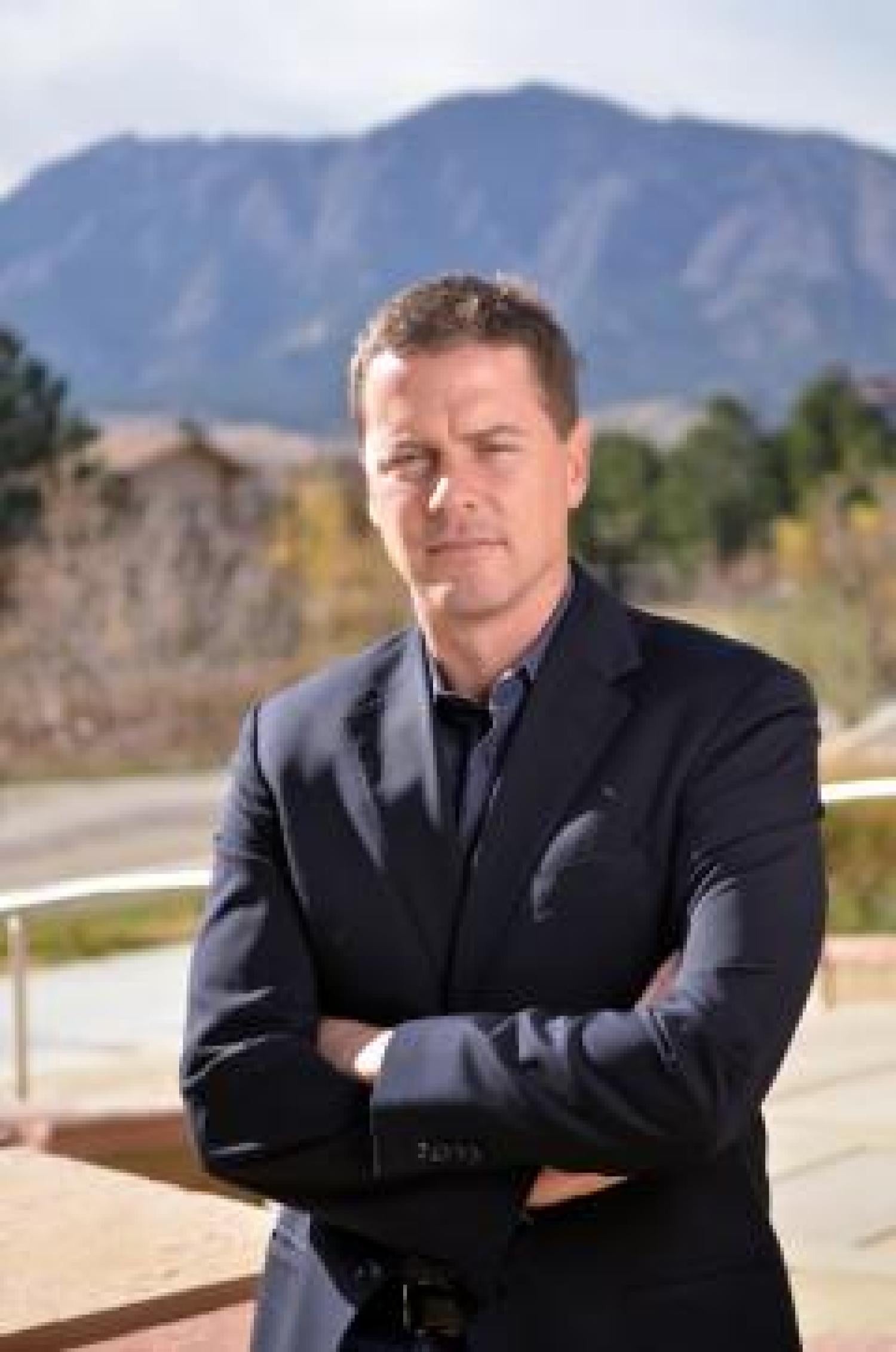CU-Led Team Receives $9.2 Million DOE Grant to Engineer E. coli into Biofuels

Chemical and Biological Engineering (ChBE) Associate Professor and Patten Fellow Ryan Gill and his team have been awarded $9.2 million from the U.S. Department of Energy (DOE) for research aimed at engineering E. coli to produce biofuels such as ethylene and isobutanol.
“This is a fantastic opportunity to take what we have worked on for the past decade to the next level and develop technologies that are orders of magnitude beyond where we are currently,” says Gill, who is also a fellow of CU-Boulder’s Renewable and Sustainable Energy Institute, or RASEI.
The team is working with a non-pathogenic strain of E. coli. Among the microbe’s more than 4,000 genes, the team is searching for a small set and how it can be manipulated in a combination of on and off states to change the bacteria’s behavior.
“E. coli is not going to want to make your biofuel at all,” says Gill. “It doesn’t do that naturally. It’s programmed with thousands of genes controlling how it replicates. We’re figuring out what control structure we need to rewire in the bug to make it do what we want, not what it wants.”
The task will not be easy. According to Gill, “The first step alone -- of pinpointing the part of the E. coli genome that can help us make biofuels or other chemicals on a cost-competitive basis -- is a daunting challenge.”
Since joining the department in 2001, Gill has won numerous awards and his research has spawned the successful company OPX Biotechnologies, Inc. His efforts in the fields of metabolic engineering, synthetic biology, directed evolution, and genomics have been targeted towards the development of biorefining processes for the sustainable production of fuels, commodity chemicals, and pharmaceuticals.
Graduate students, alumni, and industry professionals are invited to hear Gill present “Reading, Writing, and Optimizing Genomes for Biofuels and Bio-refining" at the upcoming ChBE Research Symposium: Focus on Energy on March 7 in the Jennie Smoly Caruthers Biotechnology Building on East Campus.

